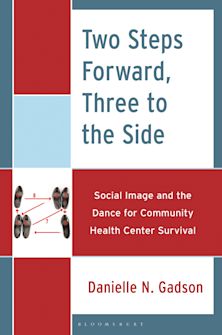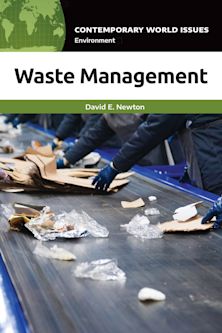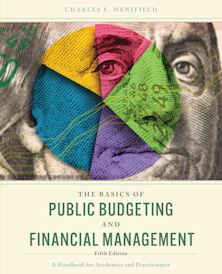- Home
- ACADEMIC
- Politics & International Relations
- Public Management, Administration and Policy
- Science, Virtue, and the Future of Humanity
Science, Virtue, and the Future of Humanity
Peter Augustine Lawler (Anthology Editor) , Marc D. Guerra (Anthology Editor) , Ronald Bailey (Contributor) , James C. Capretta (Contributor) , J. Daryl Charles (Contributor) , Patrick J. Deneen (Contributor) , William English (Contributor) , Marc D. Guerra (Contributor) , Benjamin Hippen (Contributor) , Adam Keiper (Contributor) , Robert P. Kraynak (Contributor) , Peter Augustine Lawler (Contributor) , Charles T. Rubin (Contributor) , Ari N. Schulman (Contributor) , Benjamin Storey (Contributor)
Science, Virtue, and the Future of Humanity
Peter Augustine Lawler (Anthology Editor) , Marc D. Guerra (Anthology Editor) , Ronald Bailey (Contributor) , James C. Capretta (Contributor) , J. Daryl Charles (Contributor) , Patrick J. Deneen (Contributor) , William English (Contributor) , Marc D. Guerra (Contributor) , Benjamin Hippen (Contributor) , Adam Keiper (Contributor) , Robert P. Kraynak (Contributor) , Peter Augustine Lawler (Contributor) , Charles T. Rubin (Contributor) , Ari N. Schulman (Contributor) , Benjamin Storey (Contributor)
You must sign in to add this item to your wishlist. Please sign in or create an account
Description
Science, Virtue, and the Future of Humanity addresses each of the key public policy issues of our techno-future from the perspective of deeply informed and philosophically inclined public intellectuals. Among the issues addressed are the detachment of our idea of justice from any credible foundation; Tocqueville’s prescience on how a “cognitive elite” might be the aristocracy to be most feared in our time; robotization and the possibility of being ruled by morally challenged robots; organ markets; the degradation of liberal education by obsessive techno-enthusiasm; biotechnology and biological determinism; the birth dearth and the inevitable erosion of our entitlements; the possibility that our techno-domination is basically an unfolding of the Lockean logic of our foundation; and the future of the free exercise of religion in an aggressively libertarian time. All in all, this book should provoke widespread discussion about the relationship between scientific/technological progress and the one true moral/spiritual progress that takes place over the course of every particular human life.
Table of Contents
Chapter 1.Pensions and Health Care in an Aging Society, James C. Captretta
Chapter 2. The Demographic Challenge to Entitlements: A Comment, Criticism, and Caveat, William English
Chapter 3. An Earned Humility: Reflections on Professional Obligations to the Living Kidney Donor, Benjamin Hippen
Chapter 4. The Science of Politics and the Conquest of Nature, Patrick J. Deneen
Chapter 5. The Problem with 'Friendly' Artificial Intelligence, Adam Keiper and Ari N. Schulman
Chapter 6. The Case for Enhancing People, Ronald Bailey
Chapter 7. Justice without Foundations, Robert P. Kraynak
Chapter 8. Blame It on My Genotype (if Not My Criminal Brain): Materialist Metaphysics and the Loss of Human Dignity, J. Daryl Charles
Chapter 9. Libertarians vs. Liberal Learning, Peter Augustine Lawler
Chapter 10. Machine Morality and Human Responsibility, Charles T. Rubin
Chapter 11. Tocqueville on Technology, Benjamin Storey
Chapter 12. The Place of Liberal Education in Contemporary Higher Education, Marc D. Guerra
Product details
| Published | Oct 08 2015 |
|---|---|
| Format | Ebook (PDF) |
| Edition | 1st |
| Extent | 220 |
| ISBN | 9798216326168 |
| Imprint | Lexington Books |
| Illustrations | 5 Charts |
| Publisher | Bloomsbury Publishing |
About the contributors
Reviews
-
This is a book about the future—the future of liberty, love, and learning in a scientific age. Ranging from the techno-utopian to the techno-wary, the authors explore the possible shape of the world to come. Can we expect an unbounded, creative future? Or is it true, as Abraham Lincoln said, that ‘This is a world of compensations,’ a world where both human and cosmic nature (not to mention divine justice) set limits and establish relations that have a logic all their own? If even robots need morality, as the AI theorists are beginning to realize, then we really are ‘stuck with virtue.’ This insightful and eloquent collection helps us think more deeply about permanence in the midst of change.
Diana J. Schaub, Loyola University Maryland



































